This article was medically reviewed by Erik Kramer, DO, MPH. Dr. Erik Kramer is a Board-Certified Primary Care Physician at the University of Colorado. With over 15 years of experience, his clinical interests include obesity and weight management, diabetes care, and preventive care, as well as embracing a holistic approach to primary care. He received his Doctorate in Osteopathic Medicine (D.O.) from the Touro University Nevada College of Osteopathic Medicine and completed his residency at Central Maine Medical Center. Dr. Kramer is a Diplomate of the American Board of Obesity Medicine.
There are 7 references cited in this article, which can be found at the bottom of the page.
This article has been viewed 46,481 times.
Ear swelling can be caused by several conditions, including infection, allergic reaction, insect bite, piercing, or illness. While it can be painful, there are several things that you can do to help reduce the inflammation and discomfort. If the swelling is relatively minor, you may be able to reduce the swelling using home remedies while letting the underlying cause heal on its own. In some cases, however, you may need to use topical or oral medication to treat the underlying cause and reduce the swelling in or on your ears.
Steps
Using Home Remedies
-
1Remove the source of the swelling if it’s due to an adverse reaction. If you wear a hearing aid, earplugs, or earrings, the swelling in or on your ear may be caused by an adverse reaction. To start to reduce the swelling, you’ll first want to remove the potential source of the reaction from your ear.[1] This will prevent the reaction from getting worse and should make the swelling start to go down.
- Adverse reactions that cause ear swelling include sensitivity due to a new piercing, as well as allergic reactions caused by jewelry, earplugs, or hearing aids.
- Avoid inserting anything directly in your ear, such as a cotton swab, since you could rupture your eardrum.
-
2Keep your ear dry if the swelling is caused by swimmer’s ear. If you have swimmer’s ear, avoid swimming in any body of water until all your symptoms have subsided.[2] Swimmer’s ear is often caused or made worse by repeated exposure to water. As a result, if the swelling in your ear is caused by swimmer’s ear, you’ll want to keep the affected ear as dry as possible until the inflammation subsides.Advertisement
-
3Use a cold compress to help numb the swollen area. Using a cold pack, cold washcloth, or ice wrapped in a cloth as your compress, apply the cold compress to the swollen area for up to 20 minutes.Whether the swelling is caused by an allergic reaction, insect bite, or infection, applying a cold compress to the affected ear will numb the area, which can help calm the swelling and reduce any discomfort you may feel.[5]
- You can use a cold compress several times per day as needed to reduce ear swelling. Make sure, however, that you wait at least 20 minutes after removing the compress before applying it again in order to avoid getting an ice burn.
- Don’t insert cold water directly into your ear since it could cause nausea, vomiting, or dizziness.
-
4Apply a warm compress to increase your ear’s circulation. While a cold compress may seem more appealing when your ear is swollen, applying a warm compress can help increase the blood circulation in your ear, which can help reduce swelling quicker. You can use a warm washcloth as your warm compress, or use a non-electric heating pillow.[6]
- If you use a non-electric heating pillow, such as a microwaveable option, make sure that the compress is warm and not hot. Using a compress that is too hot could cause further irritation.
- A warm compress can help reduce swelling from both a middle and outer ear infection, as well as swelling on your earlobe resulting from an adverse reaction.[7]
-
5Use witch hazel to reduce swelling from an insect bite. If your outer ear is swollen as a result of an insect bite, natural astringents such as witch hazel may be able to help reduce swelling in the earlobe. To apply witch hazel, put a clean cotton ball or paper towel over the top of the bottle. Turn the bottle over to saturate the cotton ball or paper towel, then turn it back over and set it aside. Wipe over the affected part of your ear with the saturated cotton ball or towel. Let the witch hazel air dry on your skin.
- Witch hazel may also help reduce swelling resulting from an ear piercing infection. In some cases, however, witch hazel may cause an adverse reaction, so talk to your doctor first before applying witch hazel to a piercing.
-
6Dip your ear in an oatmeal bath to soothe an allergic reaction. If the swelling on your outer ear is caused by an allergic reaction, soaking your ear in an oatmeal bath may help reduce swelling and soothe and itching or pain.[8] You can purchase am oatmeal bath mixture at most pharmacies, or make your own by combining a few scoops of finely-ground oatmeal in a small bowl of warm water.
- Soak your ear in the oatmeal bath for about 5 to 10 minutes, then rinse it off with cool water.
-
7Wash your outer ear with a saline solution to promote healing. If your outer ear is swollen because of an adverse reaction or infection, using room temperature or warm saline solution can help cleanse your skin, kill bacteria, and reduce swelling. Saline solution is particularly effective at reducing swelling on your earlobe that is caused by a reaction or infection from a piercing.
- Saline solution sprays are a great option for ear swelling because you can apply the solution often without risking any bacterial transfer from your hands or a cloth.
- Don’t use a cold saline solution since it could cause nausea or dizziness if it gets inside your ear.
Taking Medication to Reduce Swelling
-
1Try disinfectant ear drops if you have an infection or allergy. If the swelling is located in your middle or outer ear canal, the cause is likely either an infection or an allergy. In many cases, over-the-counter disinfectant ear drops are effective at reducing swelling and discomfort resulting from an infection.[9]
- Swimmer's ear, for example, can often be treated with over-the-counter ear drops. If the swelling doesn’t begin to subside after about 48 hours, however, you’ll likely need to see your doctor to determine if you need a prescription.
- When using over-the-counter disinfectant ear drops, make sure that you follow the instructions on the bottle.
-
2Take an over-the-counter pain reliever to reduce ear inflammation. In addition to reducing pain, several over-the-counter pain relievers, such as ibuprofen and naproxen, can also help reduce ear swelling.[10] These medications will generally help reduce swelling regardless of the location of the swelling in or on your ear, or the cause.[11]
- When taking an over-the-counter pain reliever, follow the instructions on the bottle or talk to your doctor to come up with an effective treatment plan.
-
3Use an oral or topical antihistamine for an insect bite or allergic reaction. If the swelling on your ear is caused by an insect bite or rash due to an allergic reaction, you can use either an oral or topical antihistamine to soothe the affected area. Topical antihistamine creams are readily available at most pharmacies and grocery stores and should be used as directed on the bottle. Oral antihistamines, such as Benadryl, are also effective at reducing ear swelling resulting from an insect bite or allergic reaction.[12]
- Some oral antihistamines can cause drowsiness, so make sure that you heed any warnings on the bottle and take as directed.
-
4Purchase a cold medicine if an illness is causing your ear to swell. If you have a cold and your middle ear, outer ear canal, or outer ear lobe or cartilage are swollen, the swelling may be the result of inflammation relating to your illness. As a result, you’ll need to treat your cold symptoms with cold medicine in order to reduce your ear swelling.
- While taking cold medicine can help reduce the symptoms of your cold, including the swelling in or on your ears, it may not actually get rid of your cold. Once your cold subsides, however, the swelling in your ears should do so as well.
-
5Get a prescription for antibiotic ear drops if the infection is persistent. If the swelling, irritation, and pain in your middle or outer ear canal is severe, or if over-the-counter ear drops were ineffective after a few days, see your doctor to get a prescription for antibiotic ear drops. Antibiotic ear drops may be more effective at reducing swelling due to bacterial ear infections than over-the-counter ear drops.[13]
- When using prescription ear drops, make sure that you follow the instructions provided by your doctor or pharmacist.
- If over-the-counter drops for swimmer's ear are ineffective, for example, your doctor will likely prescribe ear drops that contain an antibiotic with a corticosteroid to calm the swelling and irritation.
- In most cases, prescription ear drops can be used 3 to 4 times per day for about five days.[14]
-
6Take oral antibiotics if the swelling is from a bacterial infection. If your ear is swollen as the result of a bacterial infection in the middle or outer ear, your doctor will likely give you a prescription for antibiotics.[15] The type of antibiotic, as well as the instructions for taking the medication, will vary depending on the underlying cause, so make sure that you take the medication as directed by your doctor or pharmacist.
- Bacterial infections can occur both in your ear canal behind your eardrum and on the surface of your outer ear. Infections cannot enter behind your eardrum directly from outside the ear.
- If your ear swelling doesn’t start to go down within 48 to 72 hours of starting the antibiotics, contact your doctor. In some cases, your doctor may be able to determine that the swelling is due to a bacterial infection, but they may not know the exact cause. Therefore, they may want to switch your prescription to try to a different antibiotic.
- If your doctor prescribes antibiotics to help reduce ear swelling due to a bacterial infection, it is important that you take all of the medication as directed even if the swelling goes down.[16]
Warnings
- If the swelling in your ear is caused by an injury, or is so severe that your ear canal is partially or completely blocked, seek medical attention immediately.⧼thumbs_response⧽
References
- ↑ https://www.nhsinform.scot/illnesses-and-conditions/ears-nose-and-throat/otitis-externa#treating-otitis-externa
- ↑ https://newsnetwork.mayoclinic.org/discussion/home-remedies-suffering-from-swimmers-ear/
- ↑ https://www.nhsinform.scot/illnesses-and-conditions/ears-nose-and-throat/otitis-externa#treating-otitis-externa
- ↑ https://www.nhsinform.scot/illnesses-and-conditions/ears-nose-and-throat/otitis-externa#treating-otitis-externa
- ↑ https://medlineplus.gov/ency/article/000638.htm
- ↑ https://www.urmc.rochester.edu/encyclopedia/content.aspx?contenttypeid=85&contentid=p00918
- ↑ https://medlineplus.gov/ency/article/000638.htm
- ↑ https://newsnetwork.mayoclinic.org/discussion/home-remedies-help-with-itchy-hives/
- ↑ https://www.nhsinform.scot/illnesses-and-conditions/ears-nose-and-throat/otitis-externa#treating-otitis-externa
- ↑ https://medlineplus.gov/ency/article/000638.htm
- ↑ https://medlineplus.gov/ency/article/000638.htm
- ↑ https://www.washington.edu/news/2011/08/02/when-mosquitoes-bite-take-antihistamines-for-relief/
- ↑ https://www.health.harvard.edu/a_to_z/swimmers-ear-otitis-externa-a-to-z
- ↑ https://www.health.harvard.edu/a_to_z/swimmers-ear-otitis-externa-a-to-z
- ↑ https://medlineplus.gov/ency/article/000638.htm
- ↑ https://medlineplus.gov/ency/article/000638.htm
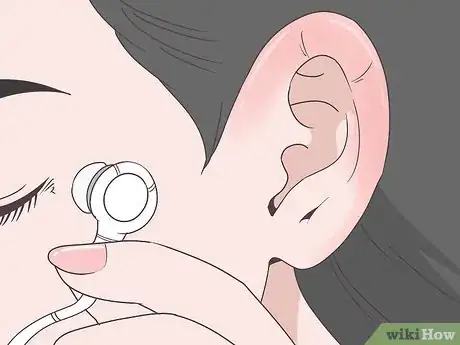

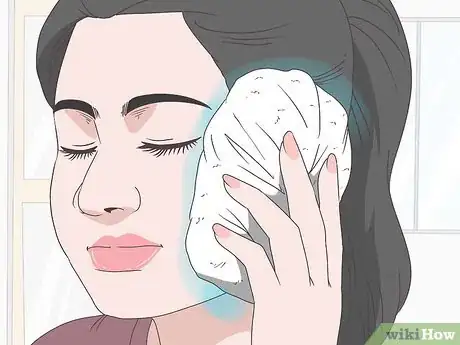
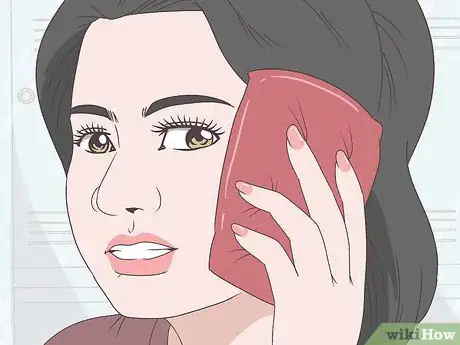
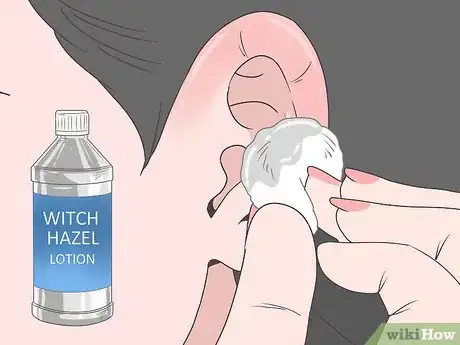
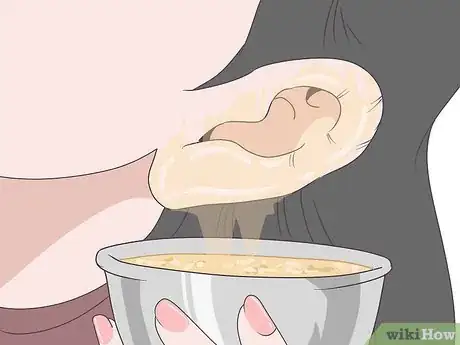
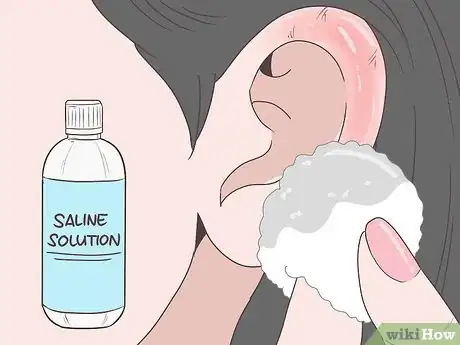
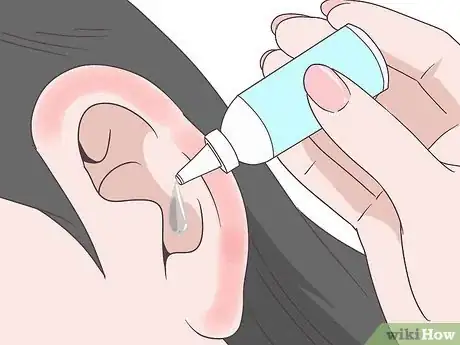
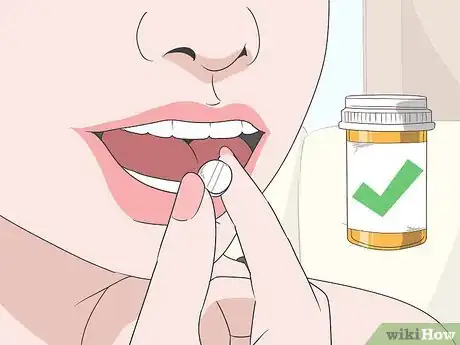
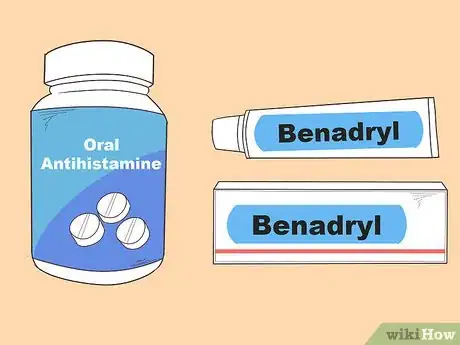
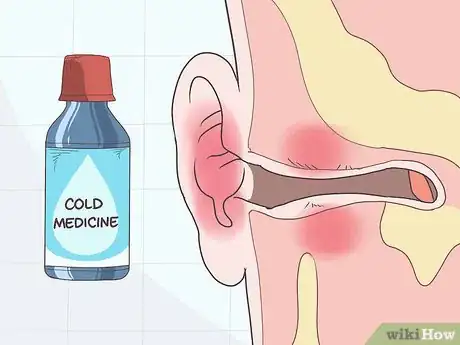
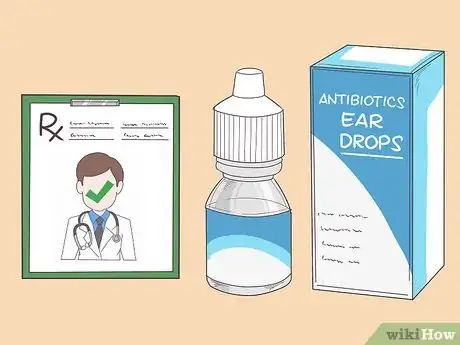


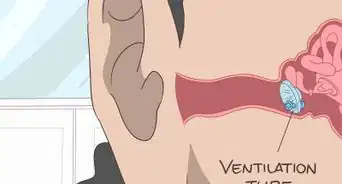
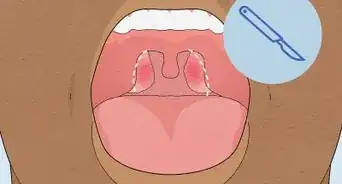
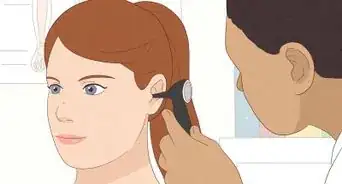


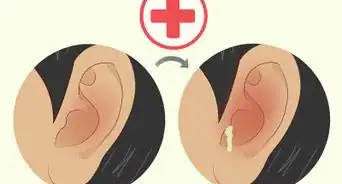
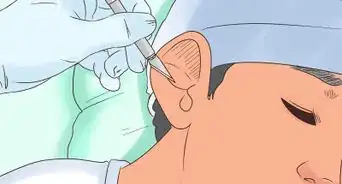
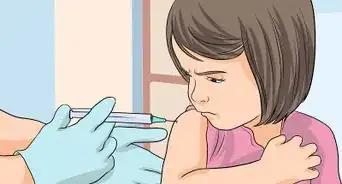
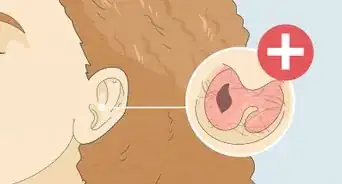

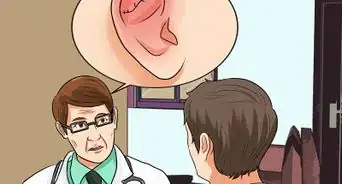










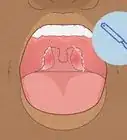
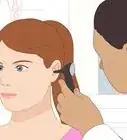



































Medical Disclaimer
The content of this article is not intended to be a substitute for professional medical advice, examination, diagnosis, or treatment. You should always contact your doctor or other qualified healthcare professional before starting, changing, or stopping any kind of health treatment.
Read More...